Imagine the following situation – for the job you want, many other candidates have sent resumes besides you.
Depending on the situation, they can be even 30, 40 or even 50 people. And the employer will invite, let’s say, only 7-8 of them to the first job interview .
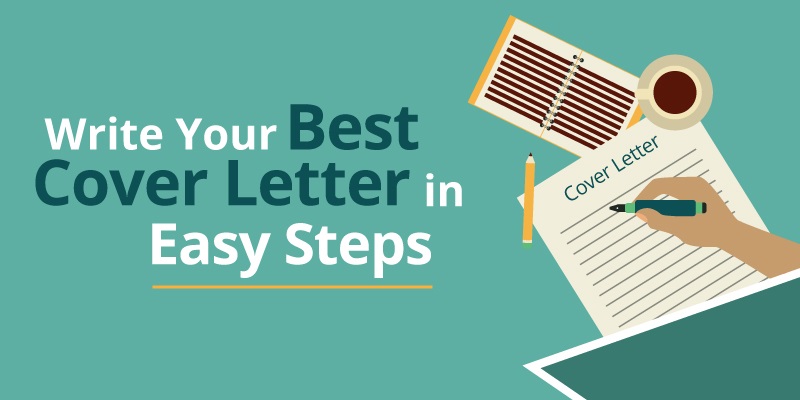
Let’s also imagine that almost all of these candidates haven’t read my article on resumes (cvs) and their resumes are standard – both in structure and presentation style.
Also, let’s imagine that most applicants have also composed cover letters. Most likely, the majority of cover letters will be banal, such as:
“Dear Mr. ABV,
I hope to be accepted for work in your company. I’m attaching my resume and bang-bang-bang…
With respect…”
All those standard resumes and banal motivational (or cover) letters will sound so similar that the employer will start to ignore them after the first few they read. To him, they will all just be the same.
But… one letter stands out in the big pile of cover letters! Its author has tried to describe what he knows about his potential employer. The cover letter adds value to the resume it is attached to by highlighting specific abilities and accomplishments that can benefit the job.
This letter could be yours! See which are the rules that you should follow in order to write just such a cover letter – convincing and efficient.

İçindekiler
1. Don’t be fooled into thinking that a compelling cover letter will do you good if it’s attached to an unconvincing resume
This sounds simple, and yet many people do not consider this fact, and then do not receive an invitation to an interview.
What do I mean? There are many candidates who try to compose persuasive and personalized cover letters, but attached to standard, impersonal resumes – the ones that are sent out en masse to every next employer.
The result – it’s like filling your 30-year-old car with the most expensive gasoline and expecting to be the fastest on the road. Cant happen.
Or, before you even start writing a cover letter, make sure you’ve put together the perfect resume (cv) for the job .
2. Each time, write a new cover letter specially created for your goals and the specific vacant position
When I had to review the documents of applicants for jobs in my department, I was always underwhelmed by those applicants who applied standard cover letters.
It happened to me, for example, to look at a pile of fifteen cover letters and 4-5 of them were almost the same – with ready-made text from some site and clumsily adapted phrases or sentences here and there in the text.
This has led me to ask myself the question, “OK, since this candidate has not been motivated to find 20 or 30 minutes to explain why they are applying for this particular job and why they think they are a good fit for it, what do I expect after that this same candidate is intrinsically motivated to do this job?!”
Don’t underestimate employers and don’t think that your cover letter is the first they’ll ever read. Never use ready-made texts from sample cover letters , no matter how nice they may seem to you – the chance of other people doing the same is huge. Always find enough time to compose a unique cover letter that will bring you closer to your goal – to be invited to an interview, not take you away from it.
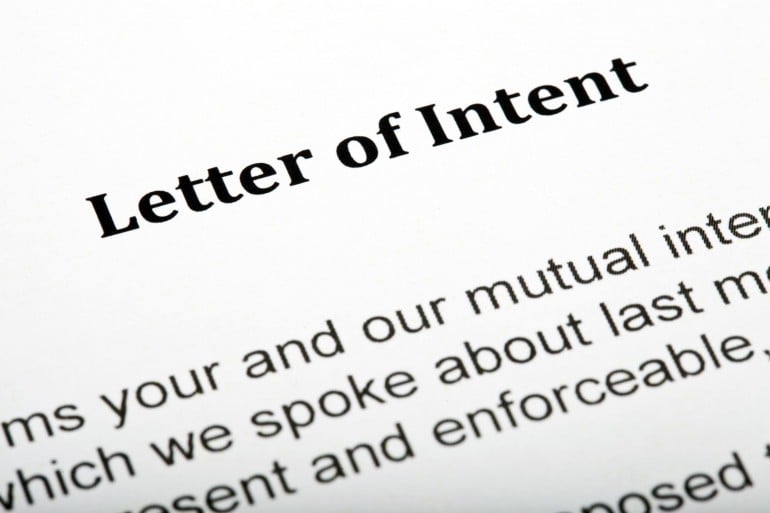
3. Write to a real person
What happens in situations where you’re writing your letter to supplement your resume , but you don’t know the name of the person to whom to address it? Most likely, you will send the letter to the address indicated in the ad (or email) in the Human Resources department and start with “Dear Sir” or “Dear Ladies and Gentlemen”.
But how can you be sure that your documents don’t end up on some secretary’s desk without anyone else seeing them?
Bulk resumes and cover letters produce poor results. In a competitive job market, you will do far better if you write to a specific person by addressing them by name . Your best bet is to send your letter to the person who will decide who gets hired and who doesn’t.
To do this, find out who is the person who will make the final hiring decision. In most cases, this will be the manager you will start working under. If you don’t know his name, call the company and find out what that person’s last name is. Be persistent and don’t give up – it may take some time and three or four phone calls.
If they ask you why you are interested, don’t say that you are looking for a job, but that you have a business proposition for the person and want to discuss some ideas with them. If you still don’t get the name, call the department you’re applying for and find out the name of the manager who heads it.
Other approaches to finding out your desired name include asking your acquaintances (they may know) or researching the press, the Internet, or specialist publications (you may come across the name you’re looking for).
4. Fit your cover letter to less than 1 page (!)
Don’t expect anyone to go into detail in a letter more than a page long. Just because you wanted to write more about yourself doesn’t automatically mean the employer will want to read it.
It would be best if your cover letter occupies a maximum of 75-80% of one A4 page.
Accordingly, to make the best use of the 80% of a page, concentrate as much as possible on providing only quality information that is relevant to the employer. Avoid including any secondary information or excessive details – these can be discussed during the interview if you have made enough of an impression and are invited to it.
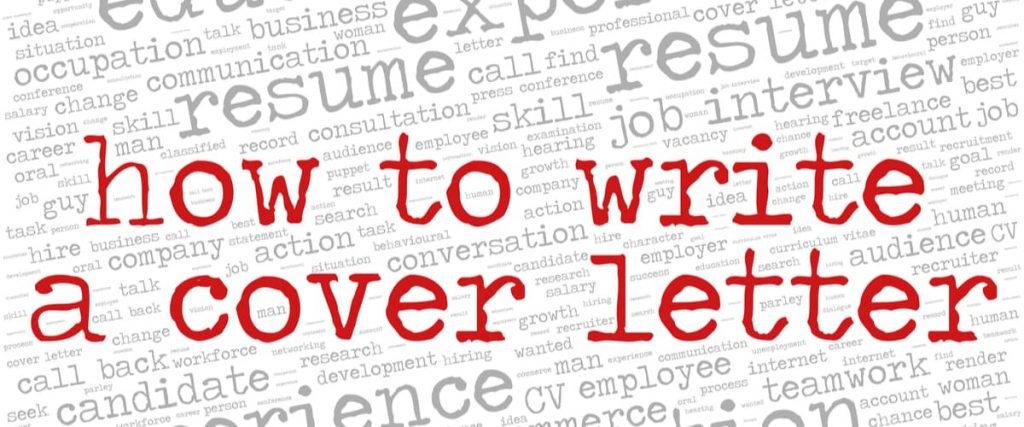
5. Show your worth
Showing how valuable you are to the employer is the main task of every cover letter . Your CV will also communicate this, but not as nuanced as a persuasive cover letter.
How can you show unequivocally that you are a valuable candidate? Here are some steps:
Start strong
Do not start with trite sentences, but hit the mark. If you found out about the vacancy from someone you know in the industry, for example, mention his name – this will make an impression and sharpen attention:
“Svetlin Moskov from “Expressbank” suggested that I contact you regarding a new type of banking service for the country that I specialize in…”
or
“A mutual acquaintance of ours, Mihail Dereliev, advised me to contact you regarding the offered position of “Assistant Sales Manager” in …..”
Make it clear that you know what you’re talking about
Ideally, the employer will read your cover letter before reading your CV. To increase your chances of making a strong impression, in the body of your letter emphasize your knowledge of the employer’s business and specifically emphasize the areas in which you can help:
“Your company is at a stage of development where I can assist you with…”
or
“My resume shows my successes in oil production and bottling. In just two years, I was able to increase productivity by 25% at the same cost.
I am confident that my achievements in this field have prepared me well and I can contribute significantly to the success of your new assembly line in Balchik.”
The better you can demonstrate that you understand the nature of the employer’s work, the more valuable you will be to them. And if your presentation is strong enough, the employer may decide to hire you immediately, even if they formally hold the competition to the end.
6. Talk about the employer, not yourself
Some candidates interpret the meaning of the phrase “motivational letter” too literally and begin to point out various reasons for their candidacy.
For example , “I would really like to join your team, where I can apply my organizational and leadership qualities” or “If I am appointed, I will do my best to increase sales, good service and the prosperity of the company.”
These are vague, banal, stupid formulations that will rarely impress anyone.
The truth is that employers are less interested in your personal assessment of your qualities or motivation, and more interested in what you value to them. Therefore, to make your cover letter more persuasive, talk about what problems your employer is able to solve, not what you are:
As your business grows, you will need professionals to provide quality service to your new and existing clients. These are the skills you will find on my resume, acquired through my intensive work for…
or
“My observations of your type of production show that one of the most difficult things is to motivate ordinary workers to self-sacrifice and uncompromising quality. In my practice so far, I have been able to achieve this thanks to…”
7. The rule of three
The rule of threes states that people tend to remember at most three things about you from one meeting or one letter . This is a very effective method in sales, for example, but cover letters and resumes are also a type of “sales” – you are selling yourself to the employer.
Therefore, when composing a cover letter, think about what are the three things that you want to impress upon the employer and that he will remember about you.
In practical terms, in your cover letter you can choose to mention the following three things about yourself:
- One highlight about who you heard about the vacancy from.
- An emphasis on what specifically in your education will be useful for your high-quality work in this position.
- One highlight of specific work experience or former position that is similar to the vacancy.
or
- An emphasis on what specifically in your education will be useful for your high-quality work in this position
- Two highlights of specific work experience or former positions that are similar to the vacancy
All three emphases (three of your strengths) should be properly documented in your resume as well. This will strengthen the appeal of the resume and make it more persuasive.
8. Use powerful words
As made clear in 10 Golden Rules for the Perfect Resume , the resume is a sales tool. The cover letter – too!
Therefore, do not hesitate to sell yourself using powerful, strong words, especially verbs, because they will help the employer draw valuable conclusions about you.
Here is the list every employer dreams of seeing:
- I manage
- I am selling
- I organize
- I invent
- I’m perfecting
- I’m optimizing
- I am developing
- I improve
- I coordinate
- I produce
- I expand
- I am negotiating
- I create
- I implement
- Control
- I appreciate
- I’m building
These verbs will make it clear that you are a problem solver and opportunity creator, ie. you not only “work”, but also bring results.
9. Bet on the first-class appearance
This rule applies to both your resume and your cover letter.
Here are some guidelines:
- Leave enough white spaces and empty lines between and around paragraphs – so the text will “breathe” and attract the eye.
- Bold keywords (without exaggerating).
- If you have the opportunity, use slightly thicker paper, classic A4 size and light in color. The heavier weight of the paper will make your cover letter unique and easy to find in the general pile.
Most cover letters, like any other document, use the standard Times New Roman font, but I guess you don’t want to be corny, you want to make an impression. In this case, use non-serif fonts, like Arial or Verdana for example (this article is written in Verdana).
In all cases, use the same font, line spacing, and spacing as in the resume. This will demonstrate that you are precise and careful in your work and that you care about details.
10. Ask for an appointment
Typically, standard cover letters end with something along the lines of “I hope you will contact me to discuss my application” or “I would be happy if you could contact me by phone…. or email…”
Be different! Be proactive and, unlike all other applicants, ask for a first meeting at the end of your cover letter:
I will contact you early next week to set up an appointment. I look forward to meeting you soon to discuss how we can expand your accounting firm’s business.
or
I would like to see you towards the end of this week. At our meeting, we will be able to discuss ideas for improving the work in the department, as well as demonstrate to you the results of the latest projects that I manage.
or
“I will contact your secretary early next week to set up a date and time to meet.”
This way, in addition to showing confidence and proactivity, you make it clear that you value the employer’s time, but that your time is valuable, too. If you’ve managed to impress this on the employer, don’t be surprised if he/she seeks you out!
11. Ask a Question to Get Looked Up (Bonus Rule)
If you want to make the employer look for you on their own, the surest way is to simply put together a perfect resume and a compelling, killer cover letter.
But if you feel that you can afford to be a little more different from all the other candidates, you can provoke your contact with the employer by asking a question.
Over the past 6 years, my personal sales contributions are worth €900,000. I have all the prerequisites to believe that I can continue this upward trend in your company as well. And you?
or
In my CV you will find that in my last three positions I have coordinated a large number of employees and together we have achieved great results – (you say exactly what the results are) . Are you looking for such a person in your company?
Asking a question at the right time can melt the ice, break the communication and turn it from a monologue into a dialogue . The employer will answer in his head ( “Yes, this is the person we want!” ), and may also ask to meet you in person to answer you.
In the latter case, your job of crafting a killer cover letter was simply perfect!
I recommend that if you use this tactic, you ask your question at the very end of the cover letter. If you ask the question somewhere in the middle of the letter, the employer will read on and may forget what you asked. And you don’t want that, do you?
Caution: Use this tactic sparingly and don’t ask hasty questions.
An example of a hasty question is “Will you hire me?” Don’t expect to win the job just because of your cover letter or resume – it doesn’t work like that. There’s still a long way to go – your job interview performance .
***
These were my ten golden rules for a killer cover letter. In recent years, I have strictly adhered to these, as well as the rules for a perfect CV, and all of them have consistently brought me success.
Why not bring success to you too?
We recommend you to see our articles in the how to make category that we have prepared for you.


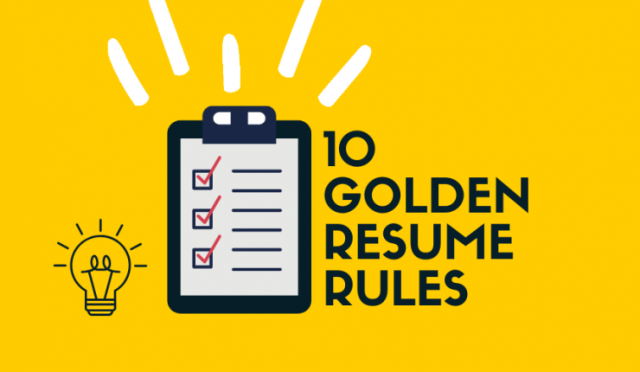
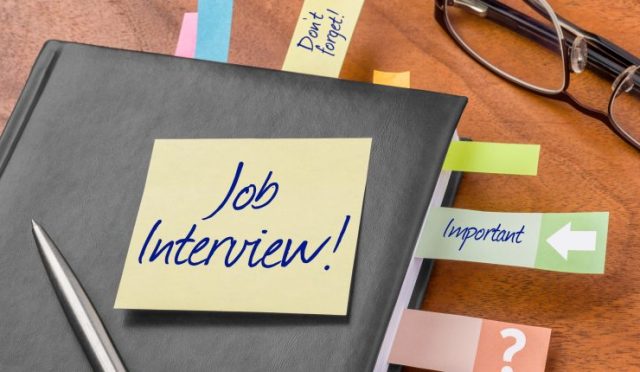




Yorumlar (1)